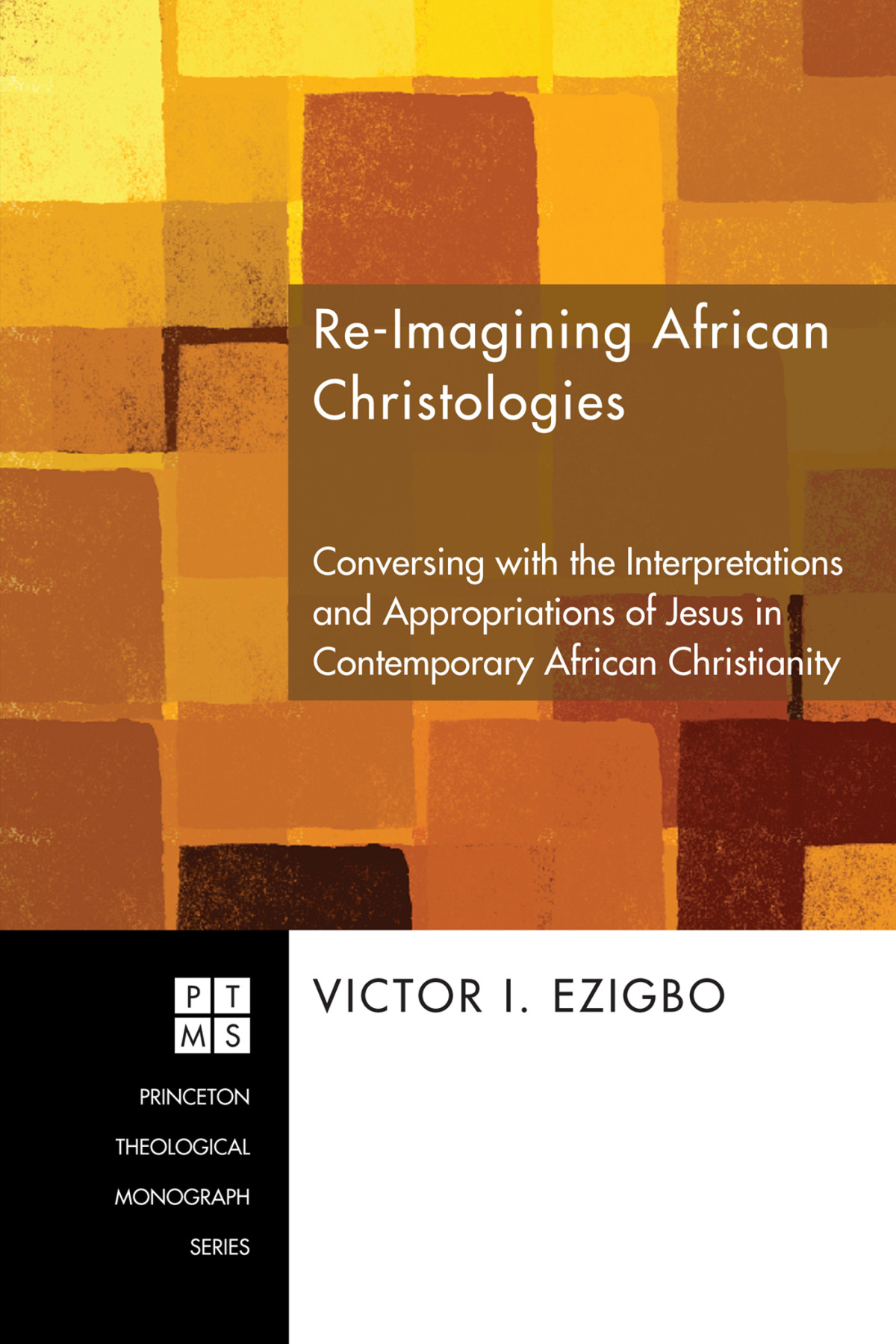

Most ebook files are in PDF format, so you can easily read them using various software such as Foxit Reader or directly on the Google Chrome browser.
Some ebook files are released by publishers in other formats such as .awz, .mobi, .epub, .fb2, etc. You may need to install specific software to read these formats on mobile/PC, such as Calibre.
Please read the tutorial at this link: https://ebookbell.com/faq
We offer FREE conversion to the popular formats you request; however, this may take some time. Therefore, right after payment, please email us, and we will try to provide the service as quickly as possible.
For some exceptional file formats or broken links (if any), please refrain from opening any disputes. Instead, email us first, and we will try to assist within a maximum of 6 hours.
EbookBell Team

4.7
76 reviews"Who do you say that I am" (Mark 8:29) is the question of Christology. By asking this question, Jesus invites his followers to interpret him from within their own contexts-history, experience, and social location. Therefore, all responses to Jesus's invitation are contextual. But for too long, many theologians particularly in the West have continued to see Christology as a universal endeavor that is devoid of any contextual influences. This understanding of Christology undermines Jesus's expectations from us to imagine and appropriate him from within our own contexts. In Re-imagining African Christologies, Victor I. Ezigbo presents a constructive exposition of the unique ways that many African theologians and lay Christians from various church denominations have interpreted and appropriated Jesus Christ in their own contexts. He also articulates the constructive contributions that these African Christologies can make to the development of Christological discourse in non-African Christian communities.